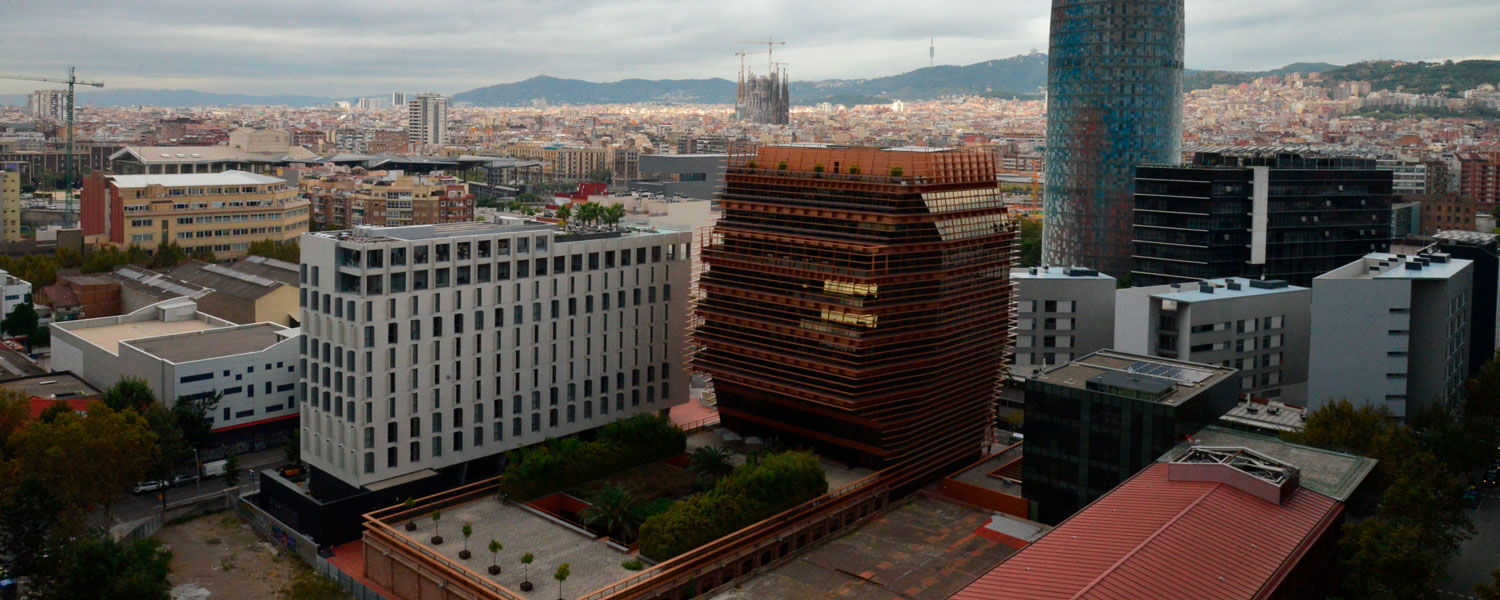“Migration is not only a geographical movement, but also brings conflicts and problems about identity,” Xavier Ortells explained at the beginning of the conversation.
Since 1980s, the first wave of Chinese migration began to arrive in Spain and most of these emigrants came from Zhejiang Province, especially from Qingtian, a city famous for its migration tradition dating back to 1920s. However, after decades of living abroad these Chinese emigrants “still maintain a very close connection with China,” according to Irene Masdeu, who investigates the mobility, borders and transnational ties of Chinese migration. Under this context, she presented several arguments to have in mind, for example, the socialization of the emigrants in Spain, as well as their transnational vision when talking about China, their country of origin.
“The Chinese migration represents ‘a China outside of China,’” Carles Prado continued, “that’s why we need new ideas and visions to understand these realities which are over-passing what we perceived.” Irene Masdeu then added: “After the reform and opening stage of the 1980s, many people emigrated from China since the government facilitated the citizens’ mobility. Gradually, these emigrants begin to play a role in the economic and political scenes of the country. ”
On the other hand, the Chinese students who come to study in Spain weight more and more among the Chinese migration in here. Xavier Ortells mentioned this group and said that the increase of this type of migration is not only due to the improvement of economic conditions, but also to the changes of mentality in the whole international society. “30 or 40 years ago here in Spain studying abroad was not common either. Now it became popular not only because there are more scholarships,” he gave an example.
Regarding identity conflicts, Dr. Masdeu told an own experience of her: “The Chinese emigrants when they are with me in China they talk about a ‘we’ away from local Chinese and this ‘we’ also includes me, but in Spain they always differ themselves from the Spanish “. “For me it was a cultural shock,” said she.
When answering a question of “how the Chinese young people who were born in Spain get alone with the Chinese young people who are from China,” Dr. Masdeu expressed her optimism about this identity “problem”: “First, even the children of the Chinese emigrants return to China to work or live, they go to big cities instead of going back to their hometown, and in those big cities people have changed their perception towards foreigners. In addition, although young emigrants might not dominate Chinese well, they learn the social norms of China because of their family and community environment. ”
However, in terms of Chinese migration there are still many prejudices that should be eliminated, according to Carles Prado, who studies the relationship between China and the West from the literary side. “Many people still think that Chinese literature is less developed but this is an example of a prejudice,” he concluded.







